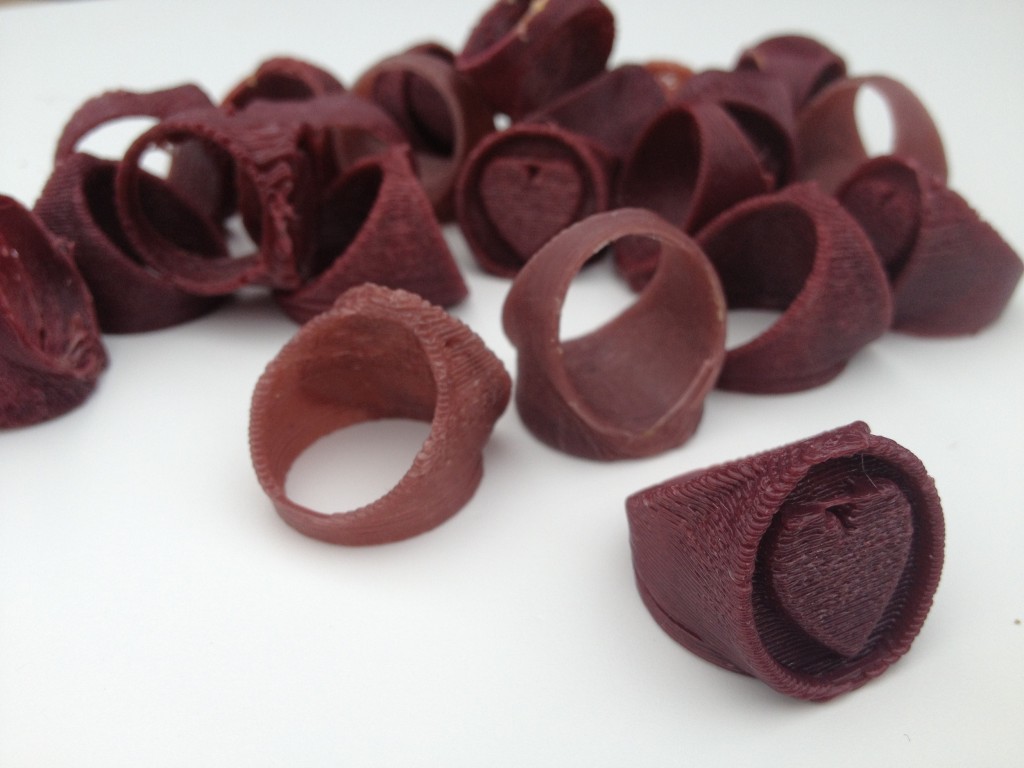Humanity has been deeply dependent on various types of plastic for quite some time now (3D printing is no different), a resource that is extremely useful, but, unfortunately, not very helpful for the environment. With only about 10% of the world’s plastic supply ever reaching the stage of recyclability, we’ve become hard-pressed to find plastics that have the ability to be efficiently reused for other projects. 3D printer manufacturer Ultimaker is attempting to change this earth-hindering issue by joining forces with the Better Future Factory’s Perpetual Plastic Project, which aims to find realistic and self-sustainable solutions to help make plastics used in 3D printing more environmentally friendly.
The Perpetual Plastic Project plans on reducing waste by taking plastics that would usually end up in a landfill and creating the ReFil “refilament”, which is composed of materials such as car dashboards and PET bottles. These plastic-based materials are cleaned and then shredded into small plastic flakes, at which point they are filtered of possible contaminants, melted, and finally extruded into a 1.75 or 2.85 mm filament string. Once the process of producing the ReFil filament is complete, the recycled 3D print material can be purchased by makers across the world, and can also be used to manufacture with the Better Future Factory using an Ultimaker 3D printer. Even the spool that holds the filament is designed with the environment in mind, made from biodegradable cardboard. The outcome of this process is a completely recycled 3D print, making the most out of the resources that earth and technology have to offer us.
The Better Future Project, based in Rotterdam, was started by a collective of engineers who wanted to impact the world by taking pre-existing systems and making them more environmentally conscious and sustainable. Ultimaker first got involved with the project during the Netherlands-based Lowlands festival, where an Ultimaker printer was used to turn the festival’s waste into 3D printed rings. One of the Better Future Project’s founding members, designer Jonas Martens, expressed the importance of having Ultimaker join their team. “We also specifically chose to work with Ultimaker as their machines use an open filament system and are designed and built to a very high standard – this means a better quality of print and in turn, less people are throwing away ‘bad’ or failed prints.”
By teaming up with the professionally designed and globally popular Ultimaker company, the Better Future Project now has an opportunity to take their recycled ReFil filament to a whole new level of quality and accessibility, introducing the 3D printing industry to one of the most environmentally efficient print materials that the market has yet to see.




